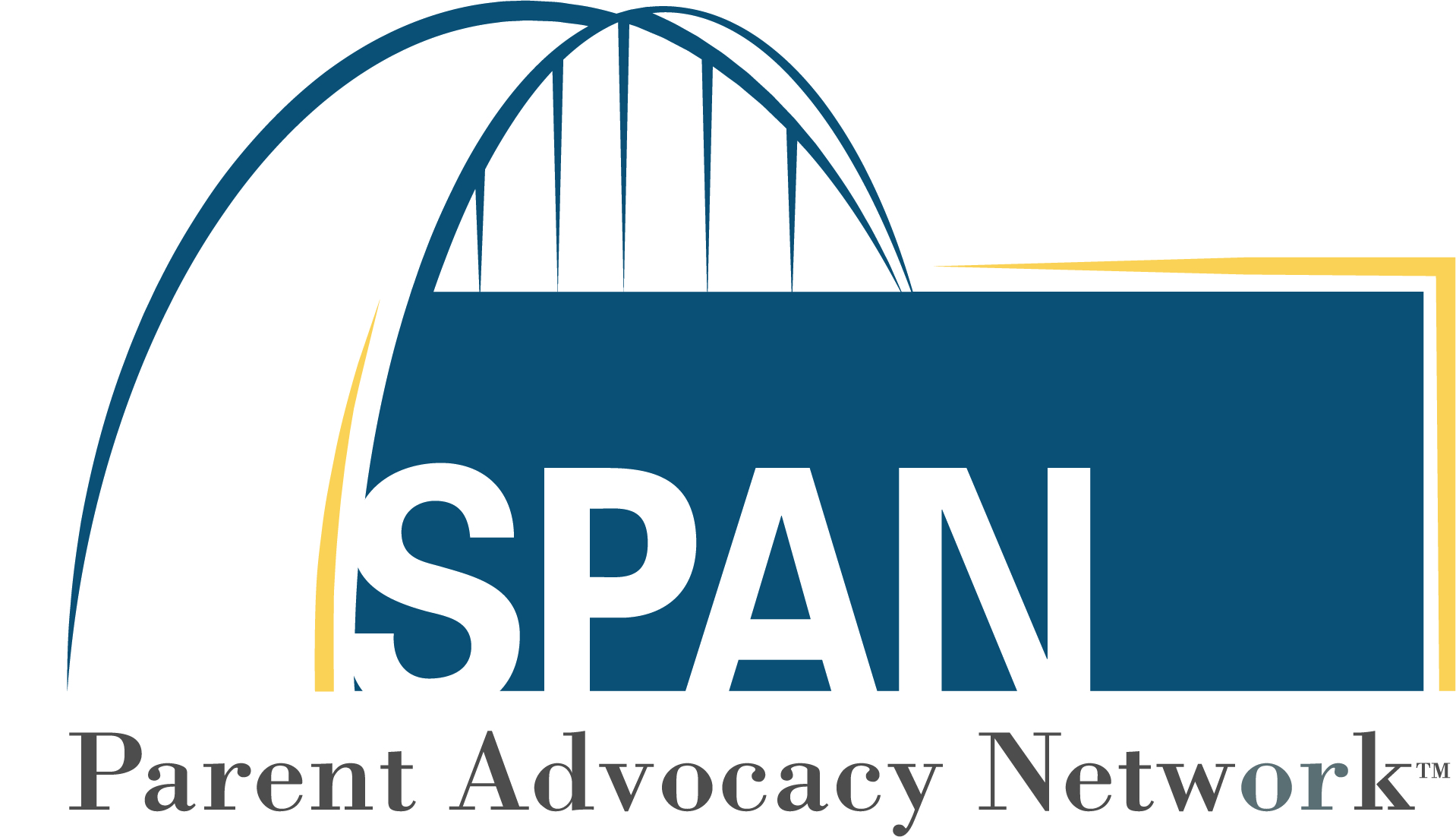On June 22, 1999, Justice Ruth Bader Ginsburg announced the United States Supreme Court’s landmark decision in Olmstead v. L.C. that held unjustified segregation of persons with disabilities constitutes discrimination in violation of the Americans with Disabilities Act. This decision is critically important to ensure that people with disabilities have choice with regard to community-based care and access to services in the most integrated setting appropriate to their needs.
In June of 1999, I was focused on making summer plans for my family – vacation plans, day trips, and ensuring that my 11 year-old son with autism had appropriate extended school year services. The Olmstead decision was not in the forefront of my thoughts at that time. But now, 23 years later, it looms large as I continue to plan for my now 34 year-old son’s current and future needs. I am grateful to the women who filed the lawsuit and for the Olmstead decision, providing for community based services. Grateful because my son can and does lead a productive life in the community because he has access to the appropriate supports and services that he needs.
I am concerned about a new initiative in New Jersey that would open new beds on the grounds of a developmental center – an action that flies in the face of the promise of Olmstead. It may be difficult, and sometimes feels impossible, to meet the needs of our loved ones, especially when those needs are related to complex mental health challenges and/or significant behavioral needs or stabilization. Families are tired, sometimes pushed to the brink of exhaustion while providing care for their loved ones, especially when they don’t have adequate funding, respite care, and the support services to provide what is needed. People with disabilities should not have to give up the positive effects of living with their loved ones in order to access needed services and families should not have to care for their loved ones to the point of exhaustion and without access to the level of support that individual needs.
What families need are options, choices, a continuum of services that vary depending on the needs of the individual. Choices that build families up, not tear them apart. This is not a new conversation. For many years we have been made painfully aware of the unmet needs of individuals with complex mental health or behavioral needs. They deserve better. Institutional care cannot be the only choice. Have we learned nothing in the past 23 years? Not enough and we must do better.
If you would like additional information on the Olmstead decision follow this link: Celebrating the Anniversary of Olmstead vs L.C. | ACL Administration for Community Living

Carolyn Hayer
Senior Program Director, National and Regional Projects
06/24/2022


